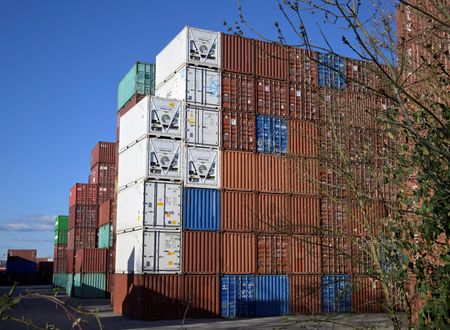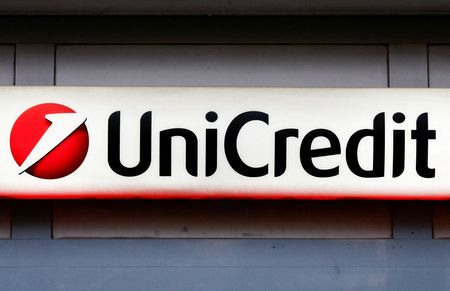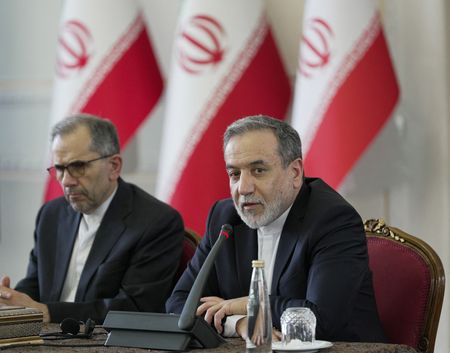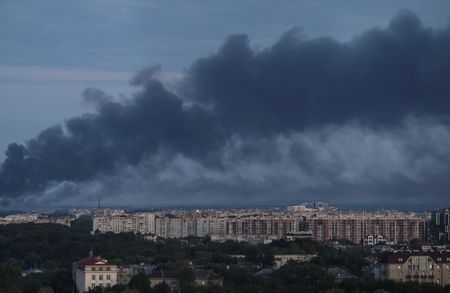GENEVA (Reuters) – The number of financial institutions with significant exposure to companies involved in the nuclear weapons industry has fallen by about a quarter since a U.N. treaty came into force in 2021, according to a report on Tuesday by campaign groups.
The findings were released in a report titled “Don’t Bank on the Bomb” by peace organisation PAX and the International Campaign to Abolish Nuclear Weapons (ICAN), which won the Nobel Peace Prize in 2017 for its efforts to promote compliance with the U.N. Treaty on the Prohibition of Nuclear Weapons.
So far, 73 states have ratified it.
“What we’ve actually been seeing over the last years is that this number of financial institutions with significant financial exposure to the nuclear weapon industry, that have come up in our findings, that this number has continued to fall, which we’ve been seeing since 2021,” Alejandra Muñoz Valdez, senior project officer at PAX and co-author of the report, told Reuters.
“We see this as a good thing.”
She said many companies had adopted policies that restrict or exclude investment in nuclear weapons and referred specifically to the 2021 treaty, even those based in countries that have not yet ratified it.
“I think it shows quite nicely how it has had an impact, even in countries whose governments have not signed a treaty,” Muñoz Valdez said.
However, some 260 financial institutions such as banks and pension funds still have exposure to nuclear weapons in the form of shares and bonds, or through the provision or loans or underwriting debt, the report said.
“We think these are weapons of mass destruction, the most destructive weapons ever created, with devastating consequences should they ever be used. So we think all investors should stay away from the companies that produce them,” she added.
(Reporting by Cecile Mantovani and Emma Farge; Editing by David Holmes)









